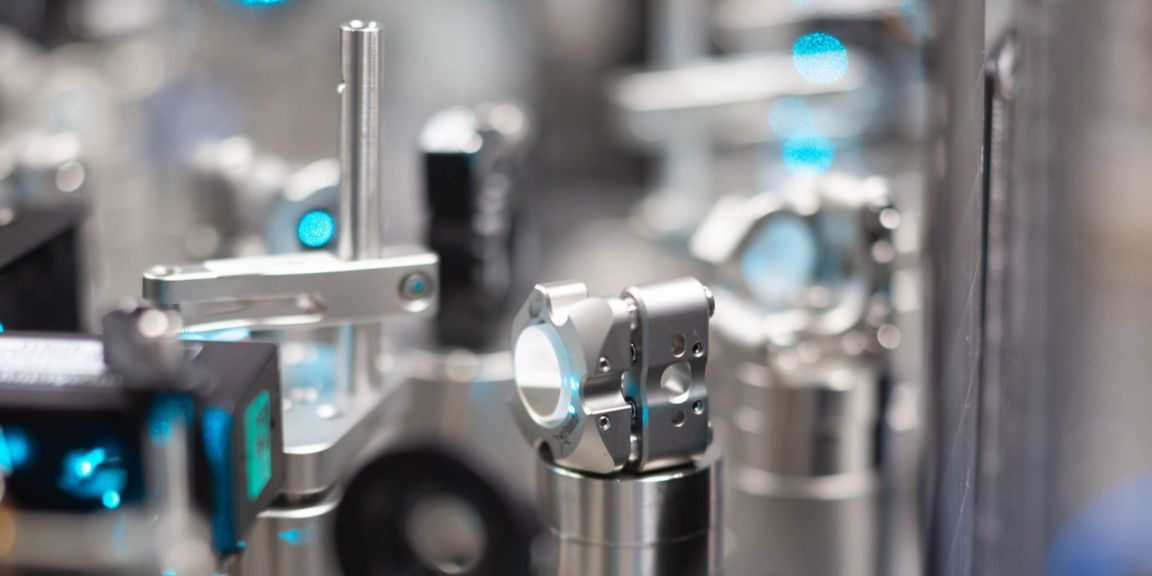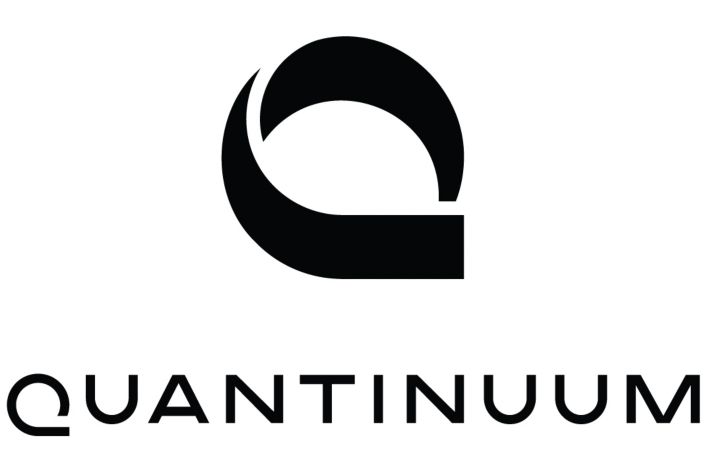-
 USA (EN)
Global
USA (EN)
Global-
Africa
-
Asia Pacific
-
Europe
-
Latin America
-
Middle East
-
North America
- |
- BUSINESSES
- |
- Contact
- |
-
 USA (EN)
Global
USA (EN)
Global-
Africa
-
Asia Pacific
-
Europe
-
Latin America
-
Middle East
-
North America
- |
- BUSINESSES
- |
- Contact
- |
You are browsing the product catalog for
You are viewing the overview and resources for
- News
- What Reaching 20 Qubits Means for Quantum Computing


What Reaching 20 Qubits Means for Quantum Computing
Quantinuum’s System Model H1 quantum computer, powered by Honeywell, recently achieved its next milestone in computational capability.
In the coming decades, more businesses are expected to harness the power of quantum computing to solve complex challenges in cybersecurity, finance, life sciences, logistics and sustainability – problems that increasingly need to be solved with technology more powerful than a classical computer.
Global quantum technology funding and investment activity surpassed $1.4 billion in 2021, more than double that of 2020, according to McKinsey & Company.
Quantinuum, formed in 2021 by the combination of Honeywell Quantum Solutions and Cambridge Quantum, aims to accelerate the development of quantum computing and deliver real-world applications powered by quantum.
Quantinuum’s latest milestone: its H1-1 quantum computer expanded from 12 to 20 fully connected qubits and increased the number of quantum operations that can be completed in parallel.
Here’s what you need to know.
What 20 qubits means
A qubit – short for a quantum bit – is the smallest unit of data in quantum computing. Unlike the smallest unit of data in classical computing – which is called a binary digit or bit, which exist in either an off (zero) or on (one) position – qubits can exist as zeros and ones simultaneously. That’s one ability of quantum computing that makes it more powerful than classical computing.
So, for researchers using the H1-1quantum computer, the upgrade from 12 to now 20 fully connected qubits to run more complex calculations than previously possible without sacrificing performance.
The upgraded system has already been put to use. In a private preview of the H1-1 quantum computer, JP Morgan Chase was able to use the computer to produce an algorithm for Natural Language Processing: a field of artificial intelligence aimed at training computers to comprehend words and conversations like humans. Their results were posted in a pre-print publication to arXiv.
What other quantum applications are being explored?
In parallel with advancing the H-series hardware capabilities, Quantinuum also develops the software and algorithms to be used on quantum computers. Quantinuum recently announced the release of their new Quantum Chemistry software package, InQuanto. In a collaboration with Honeywell PMT, Quantinuum is using InQuanto to explore how quantum computing could aid in the development of new, low global warming potential (GWP) refrigerants.
Cybersecurity is another area in which experts are looking to harness the power of quantum, and Quantinuum’s platform Quantum Origin allows the generation of cryptographic keys from the H1 quantum computer that offer superior protection against rapidly advancing cyber threats.
What’s next for quantum?
Quantinuum’s hardware development has used a unique product strategy of continuously upgrading their hardware after initial product release, concurrent with customer usage. The recent upgrade of H1-1 to 20 qubits was an example of such an upgrade. And similarly, the second version of the System H1 machine, H1-2, is slated to undergo similar upgrades later in the year.
Quantinuum also is developing its next-generation hardware technologies, which include more complex trap designs and other upgrades that will enable the company to bolster computational capabilities. All align with the hardware technology roadmap that Quantinuum has made publicly available.
Copyright © 2025 Honeywell International Inc.




